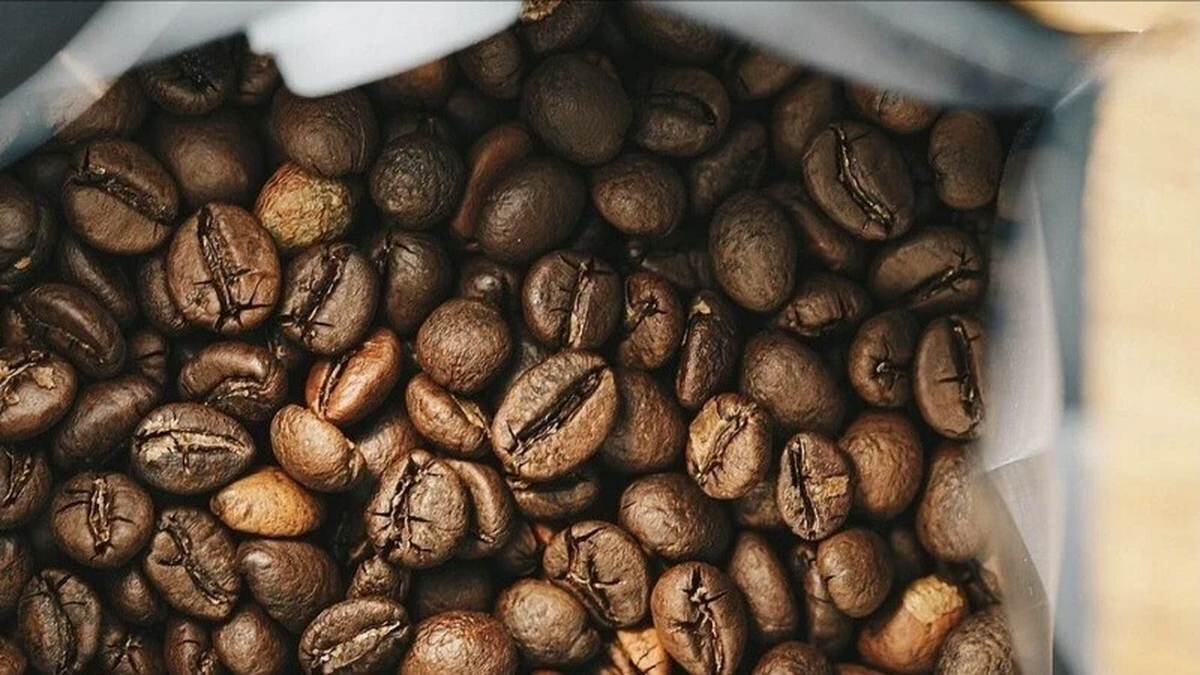In a new study published in the journal Advanced Healthcare Materials , scientists at King's College London have found a way to use keratin - a protein found in hair, skin and nails - to create a protective coating for tooth enamel. What's special is that this keratin is extracted from animal hair, which has a similar structure to human hair.

Dr Sherif-Elsharkawy and two rolls of animal hair. (Source: King's College London)
Tooth enamel erosion and tooth decay are a persistent challenge for dentists, with acidic foods and drinks, aging and poor oral hygiene all contributing to the gradual weakening of the tooth’s protective surface. This can lead to tooth sensitivity, pain and eventually enamel loss.
“Once enamel is lost, it's gone forever,” said Dr Sherif Elsharkawy, lead author and consultant in dental prosthetics at King's College London.
It can be used as a daily toothpaste at home, or as a specialized gel – similar to nail polish – for intensive tooth restoration. Elsharkawy suggests that this cheap and sustainable treatment could be rolled out to the general public.
When exposed to saliva, keratin combines with minerals such as calcium and phosphate to form a thick crystalline layer that protects teeth from sensitivity and damage. It can also be used as a specialized gel – similar to nail polish – to restore severely damaged teeth.
“Keratin offers a groundbreaking alternative to current dental treatments,” added Sara Gamea, a PhD student at King's College and first author of the study.

The science behind toothpaste made from hair. (Source: King's College London)
The team also sees this as a more environmentally friendly solution than traditional toothpaste. Not only is keratin sustainably sourced from bio-waste materials such as hair and skin, it also eliminates the need for conventional plastics, which are often used in restorative dentistry and are less durable and toxic.
The product is expected to be launched on the market within the next 2-3 years.
Source: https://vtcnews.vn/kem-danh-rang-lam-tu-toc-ar959768.html























![[Photo] National Assembly Chairman Tran Thanh Man attends the program "Returning to the source - Towards the future"](https://vphoto.vietnam.vn/thumb/1200x675/vietnam/resource/IMAGE/2025/8/16/d081d9c162ee4ed9919e723aa322a53a)
![[Photo] General Secretary attends the inauguration ceremony of the Ministry of Public Security Headquarters](https://vphoto.vietnam.vn/thumb/1200x675/vietnam/resource/IMAGE/2025/8/16/3ceec3a24ef945c18ae2b523563b749d)





![[Photo] “Moving forward with Vietnam” on the most romantic road in Vietnam](https://vphoto.vietnam.vn/thumb/1200x675/vietnam/resource/IMAGE/2025/8/16/0ee500bc59fd4468863261ee26f47fe7)


































































Comment (0)